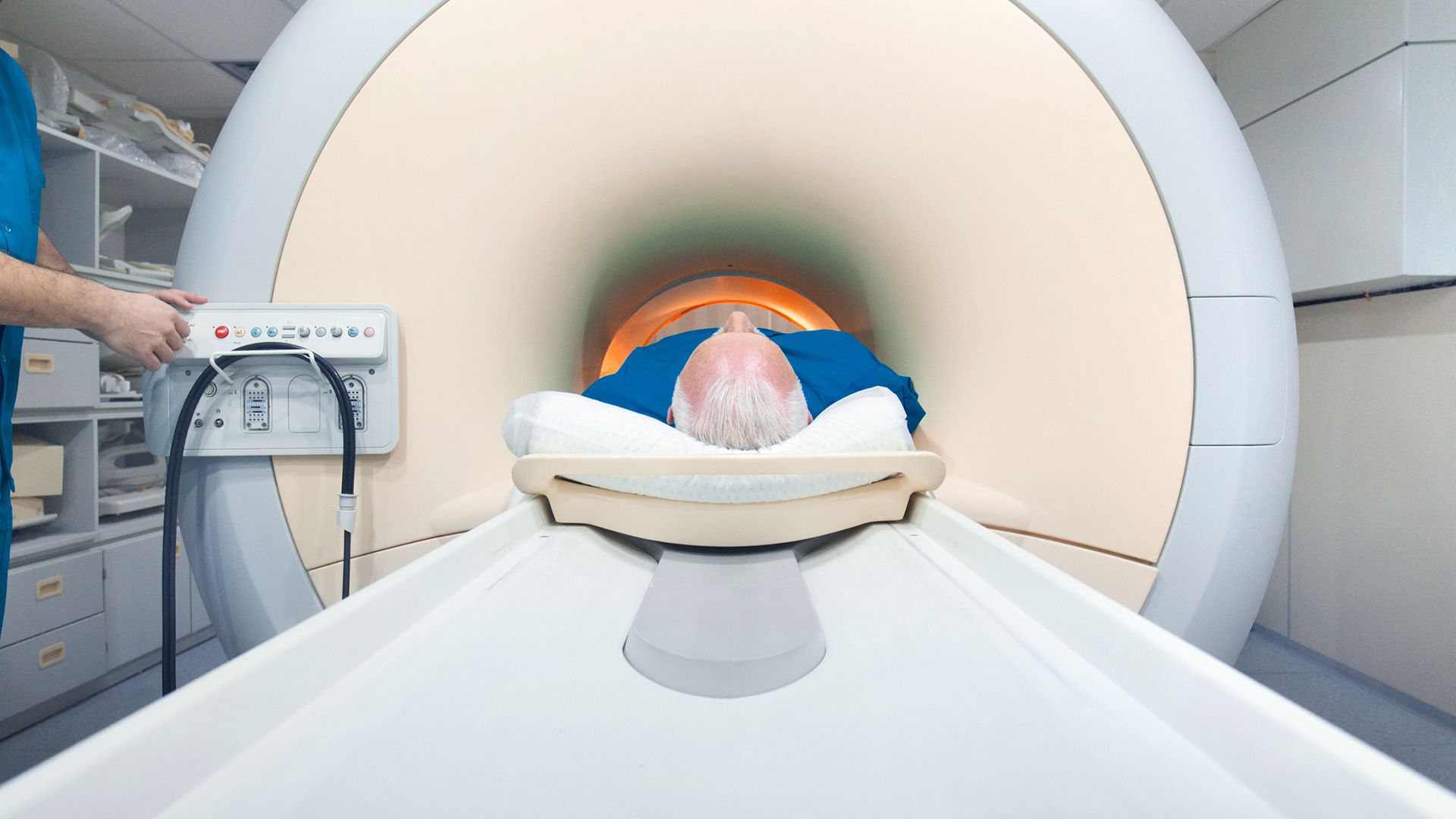Updated on October 22, 2024
In this virtual reality-enabled video, get an up-close look at lung cancer, including how lung cancer begins, how it impacts the vital function of the lungs and how it can spread to other parts of the body.
Medically reviewed in January 2020.
Transcript
NARRATOR: This is a virtual reality-enabled video. Use your mouse if you're on a computer, or a finger
if you're on your phone, to move around. [MUSIC PLAYING]
Almost 40% of men and women will be diagnosed with cancer at some point during their lifetime.
Cancer begins when cells stop following the body's rules and grow out of control.
Cancer can develop in almost any part of the body, and the lungs are no exception.
Normally, our lungs work hard to keep us alive, and we breathe without even thinking about it.
With each breath, air enters the nose and mouth, rushes into the trachea, and fills up each lung
through thousands of tiny branch-like passageways. Lungs are the only place where blood
can drop off carbon dioxide and pick up oxygen to deliver it to the rest of the body.
But as powerful as these organs are, even they can't hide from cancer. In fact, lung cancer is the second most common cancer
in both men and women. And it's estimated that close to a quarter million Americans will be diagnosed with lung cancer
this year. At least 80% of all lung cancers are non-small cell lung
cancers. Non-small cell lung cancer primarily affects former and current smokers,
but can affect nonsmokers as well. Some symptoms to watch for include a nagging or intense cough that persists for more than several
weeks, or coughing up blood. While diagnoses, causes, and risk factors
may be similar for all types of lung cancer, treatments and outlooks may vary.
Without medical intervention, the cancer can metastasize-- or spread-- to other parts of the body.
There is hope. In fact, there have been several major advances in the treatment of cancer.


